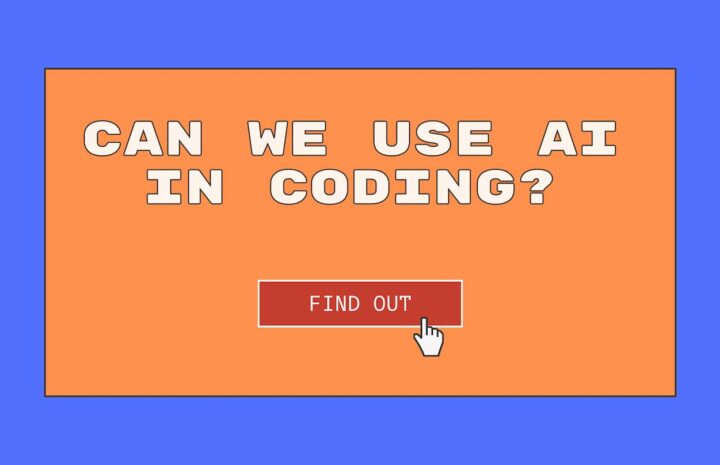Computer programs are usually written by human programmers, but what if AI could write computer programs? Could it tell us how to code more efficiently and faster? For instance, GitHub Copilot takes advantage of machine learning models trained on a vast corpus of public code to propose code snippets and even entire functions. Pokiez and Microsoft’s system, created projects in collaboration with OpenAI.
In this article, we discuss novel applications of AI coding in gambling sphere as well as giving you a guide to starting using the technology in your favor. We first give an introduction on what Artificial intelligence is and how it can be used for coding purposes. Secondly, we explore some of the advantages that artificial intelligence has over traditional code including being more accessible and having more flexibility. Lastly, we provide readers with a guide on how to start implementing the technology.
A Short Guide to the AI Role in Modern World
Programming has been around for decades and it is only now that the programming industry is being forced to change. This shift comes as a result of artificial intelligence (AI) — a vital thing in multiple software development programs. The key question today, however, is what really AI means in coding? And how can we benefit from this technology without compromising quality? To answer these questions, let’s explore multiple ways AI has already transformed our world.
What Is It Doing Today?
In gambling, AI-based robots are widely popular for their efficiency and assist us in a variety of tasks from customer service to fairness control. Chatbots also have a huge role as they work with advanced programs to provide customers with positive experience and save time when trying to resolve an issue. Robots can even be helpful for coders by automating certain parts of coding.
Digital assistants can assist us in finding information about the world around you or create reminders for your tasks in various apps on your phone or computer. ontent editors or automatic replacement are often seen as basic examples of the technology.
AI is doing a lot of things today. Some examples are face recognition, text editors or automatic replacement, research and suggestion algorithms, chat-bots, digital assistants like Siri or Alexa, social media platforms like Facebook or Twitter where AI plays a large role in our lives everyday.
AI has drastically improved traveling. The navigation systems that we have today use maps and other data to tell us how to get from one place to another, and these maps are created by a form of artificial intelligence called machine learning. This means that they will update the map with changes in traffic patterns or construction, as well as points of interest like gas stations or grocery stores, based on what people like you search for when you want directions somewhere new.
AI Coding Guide from Terra For Mer
The question “How do I start coding AI?” is one of the most common ones that we get asked at Terra For Mer, and it’s not surprising considering how many fields are in dire need for new innovations. While this guide does not answer all the questions about starting to code AI, it does address some of the important first steps you should take before you get started on your program.
First, identify the problem that needs to be solved with AI. Once identified, have the right data and clean it for exploitation in the algorithms you create. Create your algorithm(s) before training them. Opt for the right platform and programming language to deploy your solutions onto when done building it all out and then monitor how well your solution is working by checking back in periodically over time.
A final note
The development of artificial intelligence (AI) is continuing to rise, with a higher number of enterprises beginning to exploit the technology. One such company that exploits AI coding in their work is Pokiez.
As AI and machine learning become more prevalent in the space of online casino software development, we are beginning to see new ways that these technologies can be used by coders.
